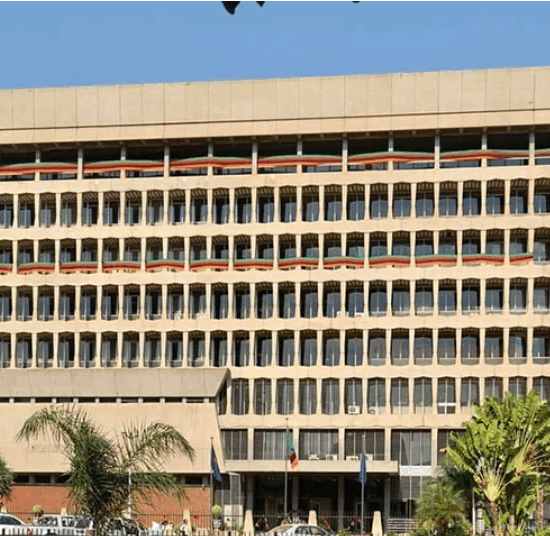
Consumers should brace for steep fuel price hikes after revelations from the published IMF deal details of the conditionalities expected.
The International Monetary Fund (IMF) Board approved a new Extended Credit Facility (ECF) arrangement for Zambia on August 31st, 2022. The $1.3 billion 38-month program is expected to underpin government’s efforts to restore macroeconomic stability and foster higher, more resilient, and more inclusive growth.
According to the IMF Report on Zambia’s ECF, obtained by the Zambian Business Times-ZBT, one of the conditions of the IMF bailout package is removing implicit subsidies on fuel.
The Report noted that, to address fiscal imbalances while creating additional space for social spending, the ECF-supported programme will target a large, front-loaded, and sustained fiscal consolidation through reforming regressive and wasteful subsidies such as removing all fuel subsidies in 2022.
In January 2021, to ease the impact of higher oil prices and the kwacha depreciation, government reduced excises on petrol and diesel and zero-rated them for Value Added Tax (VAT) purposes. These tax expenditures are projected to cost the budget 1.7% of GDP in 2022 but government will eliminate them this month.
The ECF Report explained that government will eliminate explicit fuel subsidies as they are known to be regressive and are crowding out critical social spending adding that prior to the IMF approving the bailout package, government restored cost-plus pricing for petroleum products in December 2021, also shortening the pricing cycle from 60 to 30 days.
Government had last year 2021 resorted to waiving both excise and customs duty in what was largely seen as an attempt to avoid a fuel price hike as the country was heading for polls in August 2021 and the price hike was indeed averted.
The current Government leaders as well as prior successive governments have been challenged by various energy experts to actualize the procurement of oil from neighboring Angola through a pipeline to realistically cut out middlemen and the huge logistical/shipping cost to realize true value from this sector.
Moreover, a medium to long term drive to adopt bio-fuel as a key fuel blend which would cut down on huge fossil fuel imports and dollar outflows as these bio-crops have been proved that they can be grown locally. Biofuel is seen as a more strategic and economically beneficial approach which would also benefit and expand the local Agro sector.







